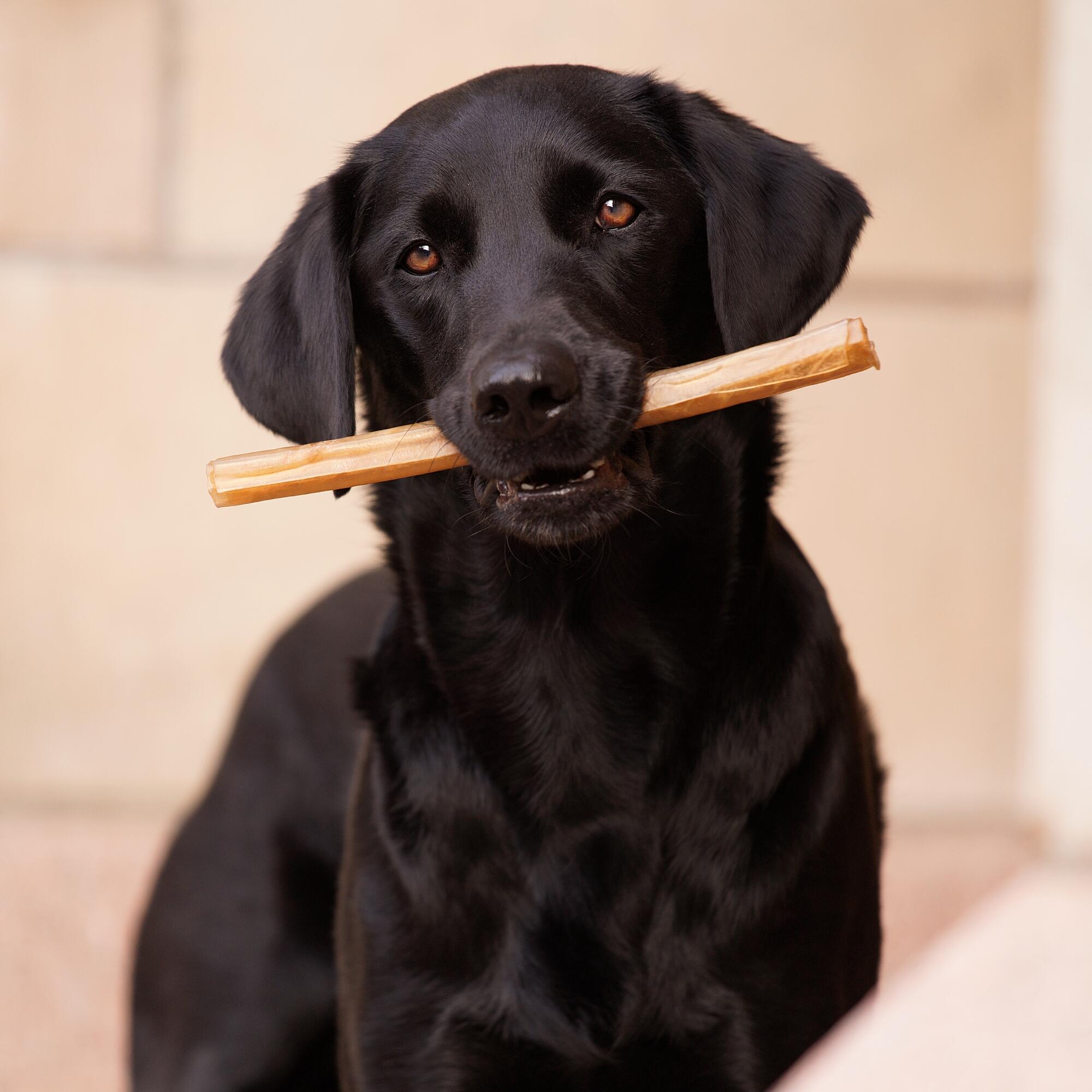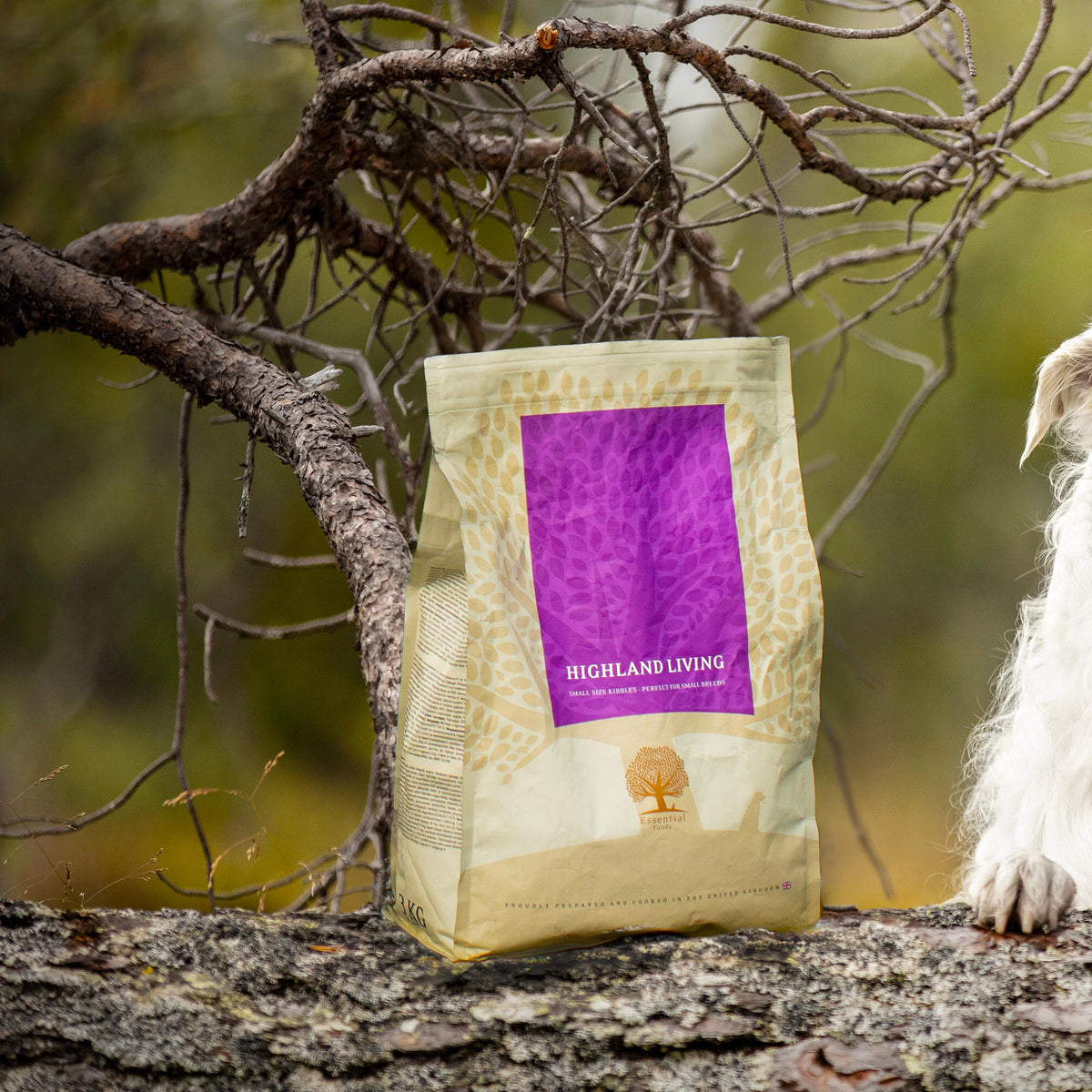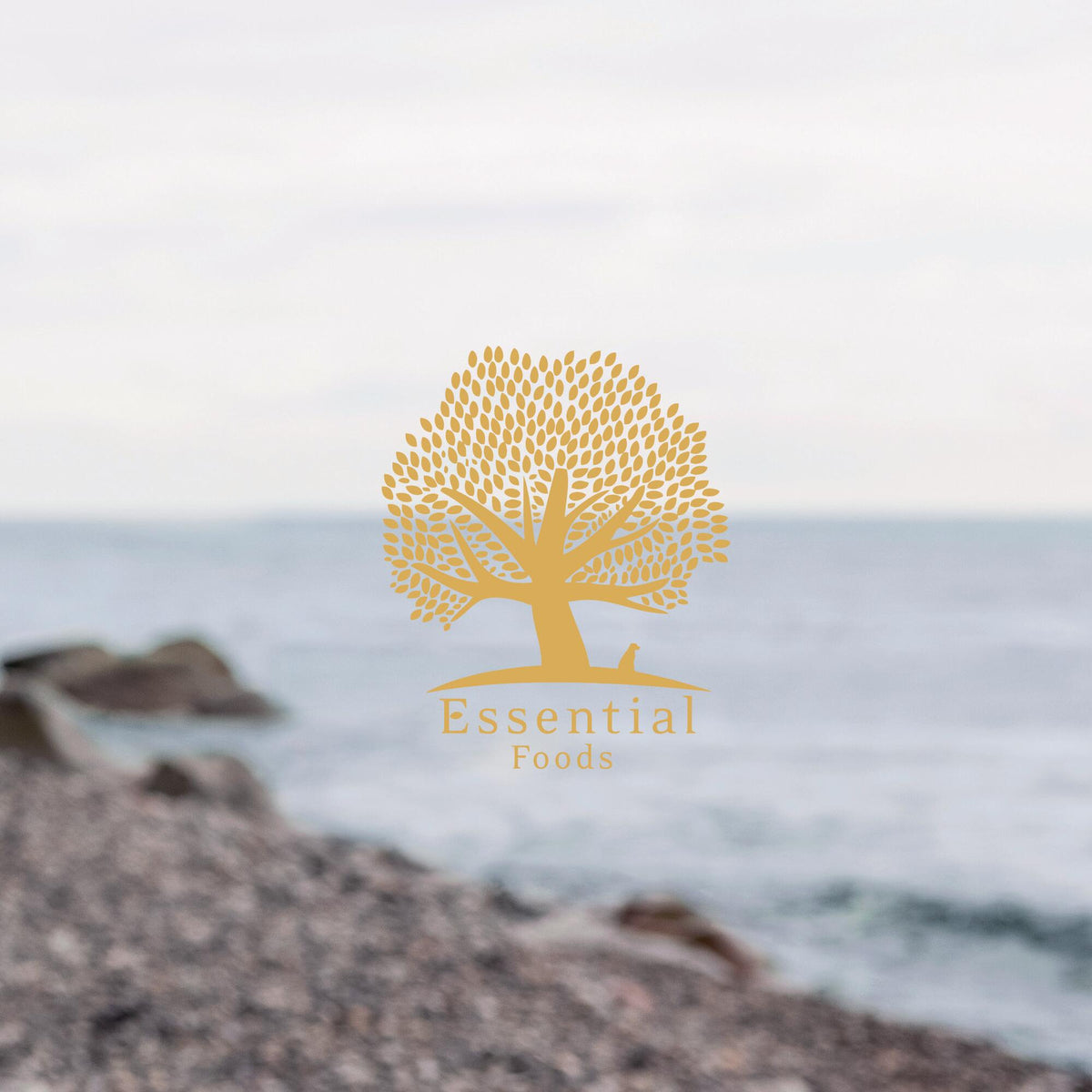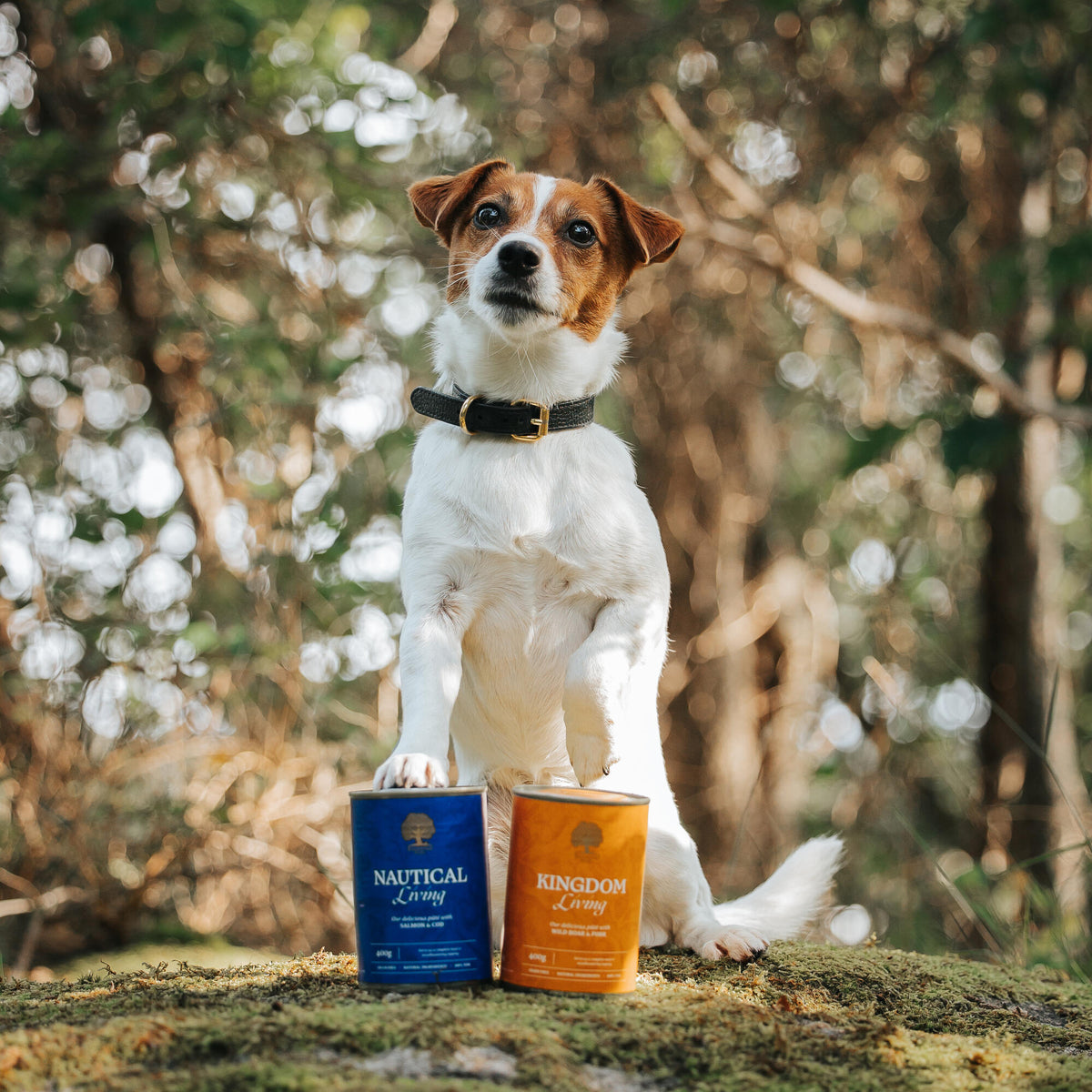Your Cart is Empty

Feeding a sick dog can be challenging, but it's crucial to their recovery. Dogs, much like humans, need specific nutrients to heal and regain their strength. Let's dive into what you should consider when feeding your sick furry friend, from choosing the right puppy food to considering grain-free options and natural dog food.
Before making any changes to your dog's diet, it's essential to understand their illness. Common symptoms like vomiting, diarrhea, lethargy, and loss of appetite can indicate various health issues. Always consult a veterinarian to diagnose the illness correctly and get professional advice on dietary changes.
Hydration is Key: Ensure your dog stays hydrated. Offer water regularly, and consider electrolyte solutions if your vet recommends them.
Small, Frequent Meals: Instead of the usual large meals, feed your dog smaller portions more frequently. This can help with digestion and prevent further stomach upset.
Monitor Appetite and Food Intake: Keep an eye on how much your dog eats. If their appetite doesn't improve or worsens, consult your vet.
Puppy food is nutrient-dense, making it an excellent option for sick dogs. It contains higher levels of protein, fat, and essential vitamins and minerals to support growth and recovery.
Natural dog food, made with whole ingredients and without artificial additives, can be gentler on a sick dog’s stomach. Look for brands that use high-quality meats, vegetables, and grains (if your dog isn’t grain-free).
Grain-free diets can be beneficial for dogs with specific health conditions like allergies or digestive issues. These foods often have higher protein content and use alternative carbohydrate sources like sweet potatoes or peas.
Protein is vital for tissue repair and immune function. Ensure your dog's food has a high-quality protein source like chicken, beef, or fish.
Vitamins and minerals support overall health and recovery. Key nutrients include Vitamin A for immune support, Vitamin E for antioxidant protection, and B-vitamins for energy metabolism.
High-protein diets are crucial for sick dogs, especially those recovering from surgery or illness. Foods like chicken, turkey, and fish are excellent protein sources that aid in healing and muscle maintenance.
High-meat content dog foods are packed with protein and essential nutrients. Check the labels for a high percentage of meat content, which should be one of the first ingredients listed.
Making food appealing can encourage a sick dog to eat. Warming the food slightly, adding a bit of broth, or offering a mix of wet and dry food can help stimulate their appetite.
Homemade dog food allows you to control the ingredients and tailor meals to your dog’s needs. However, ensuring a balanced diet can be challenging without proper knowledge. Commercial dog food is convenient and nutritionally balanced, but choose high-quality brands with natural ingredients.
Sick puppies need special attention as they are still growing. Ensure their diet is rich in protein, fats, and essential nutrients. Puppy food is generally the best option, but consult your vet for specific recommendations.
Consider the story of Max, a Labrador Retriever who fell ill with a gastrointestinal infection. His owner switched him to a grain-free, high-protein diet, which included natural dog food with a high meat content. Over time, Max’s health improved significantly, showcasing the impact of the right diet.
In conclusion, feeding a sick dog requires careful consideration of their specific needs. Puppy food, natural dog food, and grain-free options can all play a vital role in their recovery. High protein levels, essential nutrients, and palatable meals are key factors in choosing the best diet. Always consult your veterinarian to ensure you are making the best choices for your dog’s health.
How often should I feed my sick dog? Feed your sick dog small, frequent meals throughout the day to help with digestion and ensure they are getting enough nutrients without overwhelming their stomach.
Can I give my sick dog human food? Some human foods are safe for dogs, but many are not. Stick to plain, cooked chicken, rice, and certain vegetables unless advised otherwise by your vet.
Is it okay to switch my dog’s diet abruptly if they are sick? Switching diets abruptly can cause digestive issues. Transition gradually over a week, mixing the new food with the old to allow your dog’s system to adjust.
What signs indicate that my dog’s food is helping their recovery? Improved energy levels, regular bowel movements, and a return of appetite are good signs. Always monitor your dog and consult your vet if you notice any adverse reactions.
How long should I feed my dog a special diet after they recover? Continue the special diet for as long as your vet recommends. Transition back to their regular diet gradually, ensuring their health remains stable.


